Table of Contents
Quality Service Guarantee Or Painting Free

Get a rental agreement with doorstep delivery

Find the BEST deals and get unbelievable DISCOUNTS directly from builders!

5-Star rated painters, premium paints and services at the BEST PRICES!
Loved what you read? Share it with others!
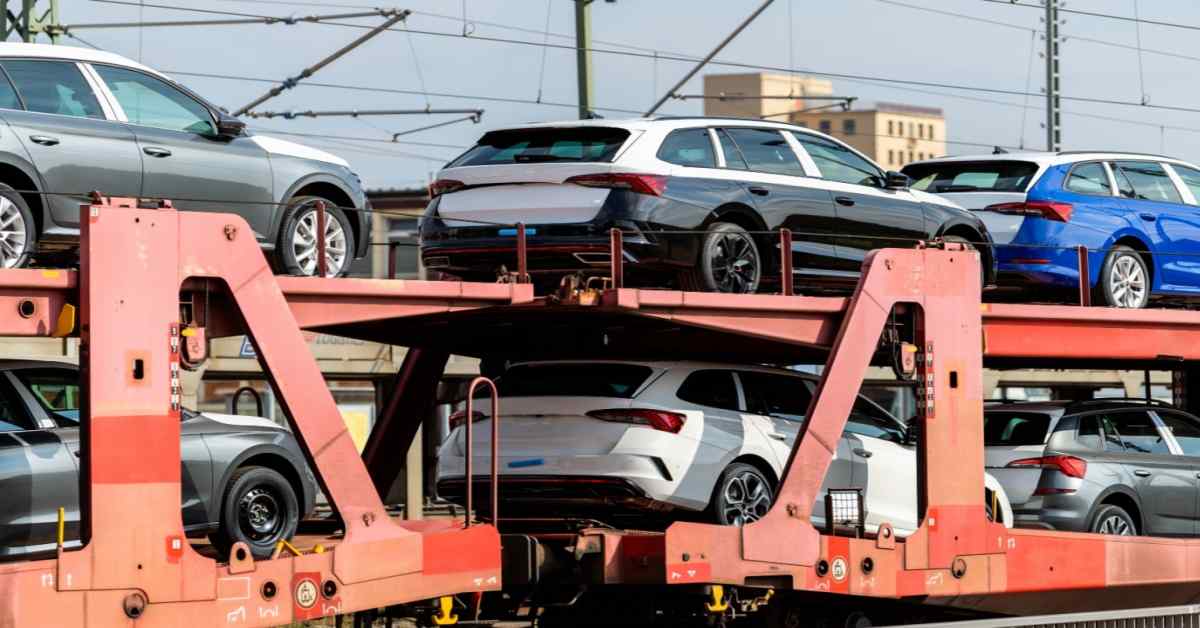

Submit the Form to Unlock the Best Deals Today
Help us assist you better
Check Your Eligibility Instantly

Experience The NoBrokerHood Difference!
Set up a demo for the entire community
Car Transport By Train In India: Step By Step Guide For Car Transportation
Table of Contents
When it comes to moving your car from one part of the country to another, considering alternative modes of transport, such as trains, can offer numerous benefits. A mode of car transport by train in India reduces road congestion and carbon emissions while providing dependability and efficiency. Indian Railways helps transport automobiles around the nation with its enormous network and efficient operations.
Step-by-Step Guide: How to Transport Your Car by Train in India
Car relocation by train in India is a straightforward procedure. First, use online platforms or specified train stations to make your reservation and payment for the service. Next, make sure your automobile satisfies safety regulations and get ready for transportation. After that, put it into the specially made carts, and for peace of mind, trace its trip after it is delivered.
Booking & Payment Process:
The cost to ship a car by train in India is available online on the railway website. You may make reservations and pay for the service online or at certain railway stations. To confirm your reservation, choose between one or more automobile shipments and adhere to the required payment methods.
Quality Service Guarantee Or Painting Free

Get a rental agreement with doorstep delivery

Find the BEST deals and get unbelievable DISCOUNTS directly from builders!

5-Star rated painters, premium paints and services at the BEST PRICES!
Preparing Your Car for Transport:
Make sure your automobile satisfies safety requirements and is in excellent condition before transferring it. Check to make sure the gasoline tank is not complete, and remove any personal goods. Secure loose pieces as well to avoid damage during shipment.
Loading & Delivery:
You can get the car delivery train in India on the appointed day so that it may be loaded into the specially made wagons. Employees of the railway will help load your automobile safely onto the wagon. When you arrive at your location, pick up your vehicle from the assigned train station.
Eligibility & Required Documents:
You will need specific documentation, including the vehicle registration certificate, insurance certificates, and identification verification, to transfer your automobile by rail. Make sure you fulfill all the requirements Indian Railways has set for eligibility to travel by automobile.
Tracking Your Car's Journey:
Use Indian Railways' tracking services to stay up to date on your car's travels. Maintaining peace of mind during the transportation procedure is possible by tracking the movement of your automobile from the starting point to the destination, making it the best way to transport cars over long distances in India.
Car Transport Charges: Train Fare & Additional Fees
You can move your car by train in India with no hassle and at a low cost. Here are the charge details:
Distance-Based Fare Structure:
The cost of a train ticket in India varies according to the distance that has to be travelled. Indian Railways usually compute the fee per unit of travel. The fee increases with the distance travelled. Depending on the train type and the particular route, rates may vary.
Insurance Options & Costs:
Indian Railways provides insurance choices for autos traveling by rail. The vehicle's value and the kind of coverage chosen determine how much insurance will cost. Clients have a choice between basic and comprehensive insurance coverage, with corresponding rate differences.
Loading/Unloading & Security Deposits:
Loading and unloading services may incur additional fees for consumers in addition to the fare and insurance costs. The work required to securely load and unload the automobile into and off of the rail wagons is covered by these fees. Additionally, clients may be asked to pay a security deposit to Indian Railways, which will be returned when the vehicle is delivered to the destination without incident. The worth of the automobile and the length of the trip are two examples of the variables that affect the security deposit amount and Indian railway car parcel charges.
| Fee Type | Description |
| Distance-Based Fare | Varies based on distance covered |
| Insurance Premium | The refundable amount varies based on car value & duration |
| Loading/Unloading Charges | Covers labor for loading/unloading |
| Security Deposit | Refundable amount varies based on car value & duration |
To guarantee they are fully aware of the whole cost associated with automobile transport services, customers should enquire about these charges when making reservations with Indian Railways.
The Advantages & Drawbacks of Train Transport
Train travel is a crucial kind of transportation in the world, with many benefits and some disadvantages. We examine both in-depth in order to comprehend the ramifications and complexity of using trains for transportation.
Advantages
- Cost-Effectiveness: When compared to other forms of transportation like air or road transport, train travel is more economical. Because of its enormous carrying capacity, trains can move big loads of cargo or people for comparatively less money per unit.
- Effectiveness in Bulk Transportation: Trains are excellent for long-distance bulk cargo transportation. They work exceptionally well in sectors like industry, mining, and agriculture, where moving large amounts of completed goods or raw materials from one place to another is necessary.
- Lower Carbon Emissions: Generally speaking, trains are a greener form of transportation than other means, particularly when it comes to long-distance freight shipping. Because they emit no emissions while in operation, electric trains, in particular, help to reduce carbon emissions and mitigate climate change.
- Safety: One of the safest forms of transportation is said to be the train. Compared to vehicle transport, they have fewer accidents since they run on designated tracks. Strict safety guidelines and procedures are also in place to guarantee the security of both goods and passengers.
- Reliability: Train services have a reputation for being dependable and on time, particularly in nations with developed rail networks. Trains provide companies with a reliable way to move people and products because of their set timetables.
- Infrastructure Utilisation: By making use of already-existing infrastructure, such as stations and railroad lines, rail transportation reduces the need for further capital expenditures on new infrastructure. This makes it an effective and sustainable form of transportation, particularly in areas with high population density.
Drawbacks
- Limited Accessibility: When compared to vehicle transportation, one of the main disadvantages of rail travel is its restricted accessibility. Trains follow set routes and timetables that only sometimes suit people or companies' demands for transportation, particularly in rural locations.
- Transhipment Challenges: Trains often need to transship items at intermediate sites when moving commodities over long distances, which increases the cost and duration of the whole transit. Transshipment, which includes moving cargo from one train to another or other vehicles like trucks or ships, may cause delays and raise the possibility of loss or damage.
- Infrastructure Restrictions: In some areas, the rail system may need to be updated or increased, which may cause delays in service and capacity. Train transport systems may only be as reliable and efficient if more money is invested in their growth and upkeep.
- Speed Limitations: Trains are effective for long-distance travel, but alternative means are often slower than they are, including air or road travel, particularly for cargo that must arrive on time. For businesses like perishable items or e-commerce that depend on quick delivery, this might be a significant disadvantage.
- Dependency on Fossil Fuels: Although electric trains are a greener option, many trains still run on diesel or other fossil fuels for propulsion. This reliance increases greenhouse gas emissions and air pollution, especially in areas where energy is not generated chiefly from renewable sources.
- Maintenance and Operating Costs: For governments or private operators in particular, maintaining and running train infrastructure may be expensive. The total cost-effectiveness of rail transport systems may be impacted by manpower, rolling stock, and track maintenance costs.
To sum up, there are a lot of benefits to rail transportation, such as affordability, efficiency for large-scale transportation, lower carbon emissions, safety, dependability, and efficient use of infrastructure. Its disadvantages include limited accessibility, difficulties with transhipment, limits with infrastructure, restricted speed, reliance on fossil fuels, and high maintenance and operating expenses. Despite these disadvantages, trains continue to be an essential part of the world's transportation system, helping to convey people and products over great distances.
Legal Aspects & Regulations for Car Transport by Train in India
Automobile transportation by rail in India must follow specific regulations to ensure safety and legality. People and businesses engaged in vehicle transportation must understand documentation and transportation laws. This article examines India's rail car transport law.
Required Documentation
Indian rail car transfer requires various documents to comply with the rules. Usually, they include:
- Vehicle Registration Certificate (RC): A required document proving vehicle ownership. It includes the vehicle's registration, engine, chassis, and owner's information. Car movement by rail requires a valid RC.
- Insurance Papers: Car insurance is needed to prevent transportation damage. Insurance should be current and cover the whole shipping procedure.
- Identity Proof: The automobile shipper must exhibit acceptable identification, such as a driver's license, passport, or Aadhaar card, to permit transportation.
Transportation Law Compliance
Indian railway car movement is regulated for safety, efficiency, and legality. This includes:
- The Railway Act oversees all railway activities in India, including transportation of goods and people. It specifies railway authorities', passengers', and freight owners' rights and obligations, as well as consequences for rule violations.
- The Goods Transport Rules regulate rail freight transport, including loading, unloading, and cargo security. These guidelines assure safe and efficient rail carriage of autos and other products.
- Safety Regulations: Indian Railways enforces severe safety rules to safeguard passengers, freight, and crew. These laws govern track maintenance, signalling, and train operation.
- Environmental rules: Train car transport adheres to rules reducing pollution and safeguarding natural resources. These rules may limit train emissions and hazardous waste disposal.
Customs clearing and duties
International automobile transfer by rail requires customs clearance and payment of tariffs and taxes. Train-imported and exported cars must pass customs at border crossings.
Compensation and Liability
Liability and compensation arise when an automobile is lost, damaged, or stolen during transport. Cars carried by Indian Railways may be covered by liability up to a specified extent. Car owners must check coverage and get more if needed to safeguard their interests.
Contracts
Train transport of cars generally entails contracts between shippers (car owners) and railway authorities or freight operators. These agreements govern transportation, including obligations, liabilities, and dispute resolution.
Contact NoBroker for Hassle-free Car Transport Services
An alternative to using a mode of car transport by train in India is to use Packing and Moving Services like NoBroker. NoBroker has a vast network of service professionals ensuring that you can easily send anything from one place to another. Be it a small needle or your car, we are experts at packing and moving your goods in India. So why wait? Get the best packing and moving services with NoBroker and transport your car anywhere in the world with our experts. Consult us today!
Frequently Asked Questions
A: Yes, you can transport your car by train in India. Indian Railways offers a convenient and secure service for transporting vehicles, including cars, across different regions of the country.
A: To book car transport services, visit the official Indian Railways website or go to the nearest railway station. Fill out the required form, provide the necessary documents, and pay the applicable charges to initiate the booking process.
A: You typically need the original vehicle registration certificate, a valid photo ID, and the booking receipt. It's advisable to check with the railway authorities for any additional requirements.
A: The cost depends on factors such as the distance to be covered, the type of train service chosen, and the weight of the car. Indian Railways provides a tariff calculator on their website to estimate the cost based on these factors.
A: Generally, cars of standard dimensions and weight are eligible for train transport. Oversized or modified vehicles may have specific guidelines or restrictions, so it's essential to check with the railway authorities in advance.
Recommended Reading
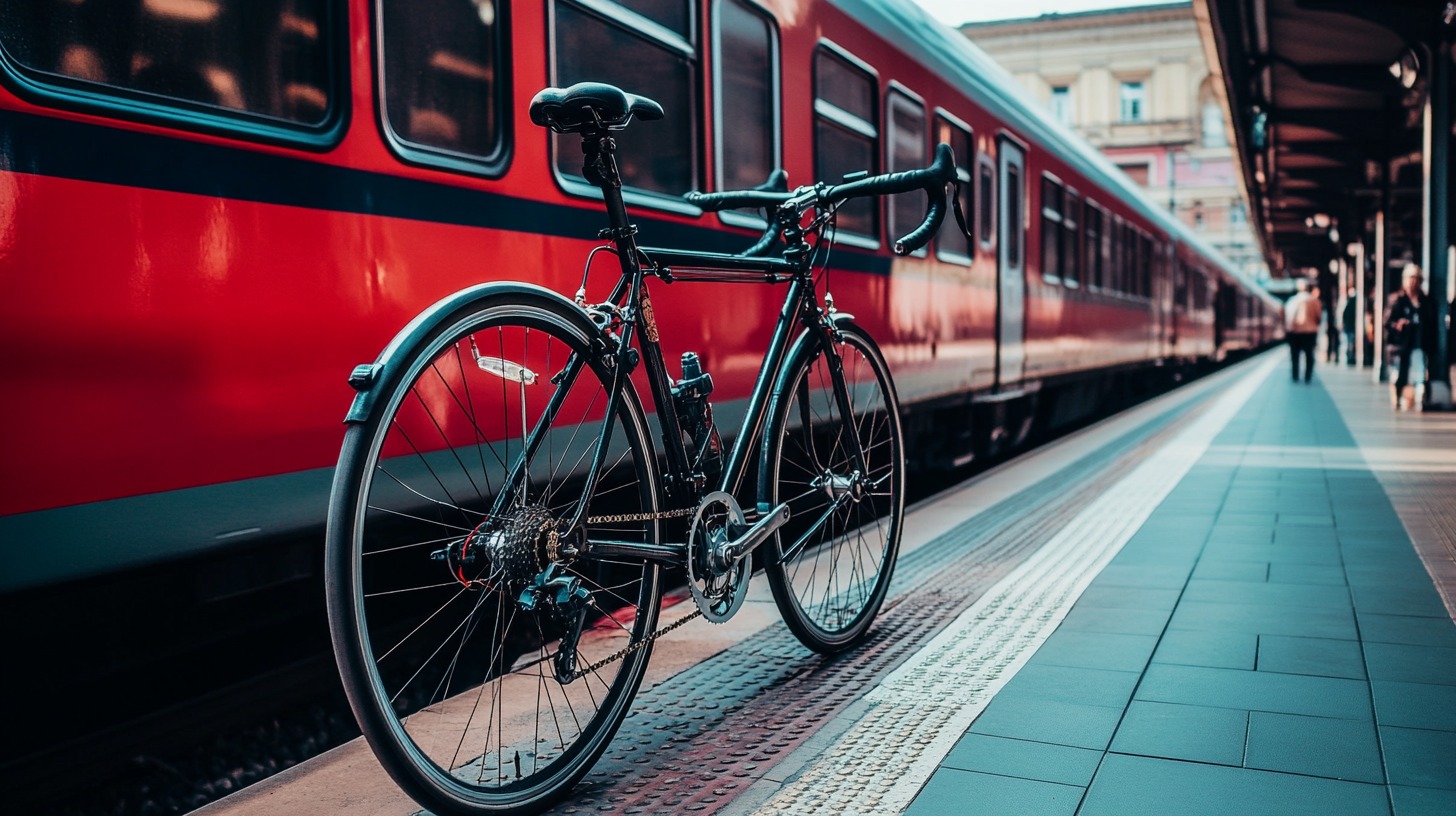
October 9, 2024
1435+ views
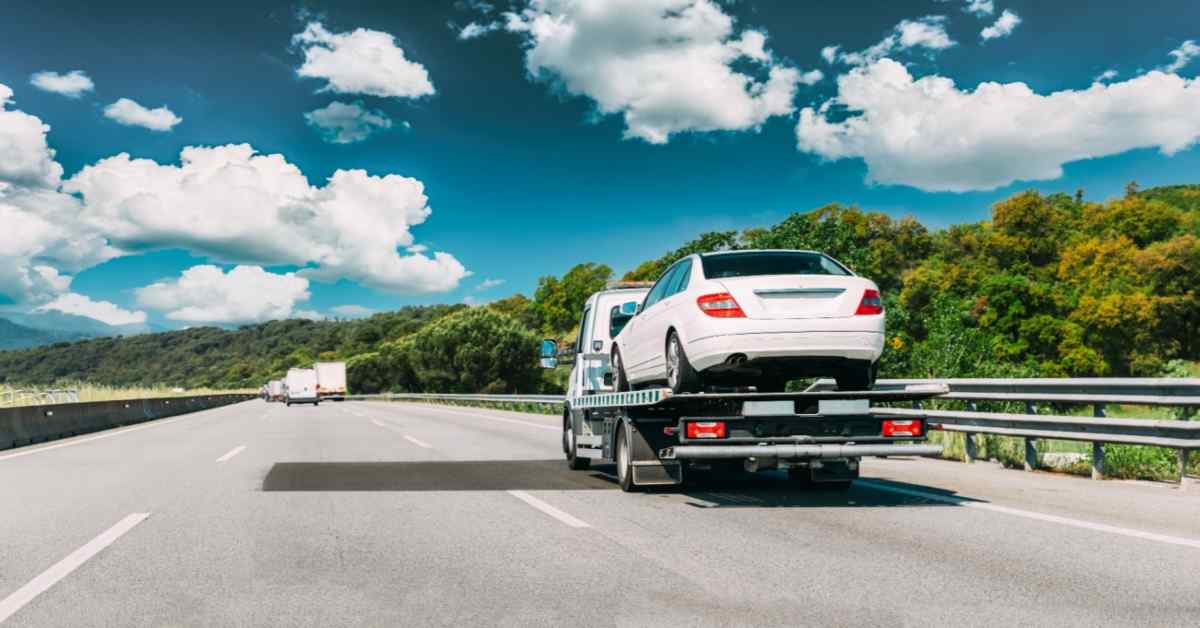
Best Car Transport from Kolkata to Bangalore: Tips & Services
April 30, 2024
2775+ views
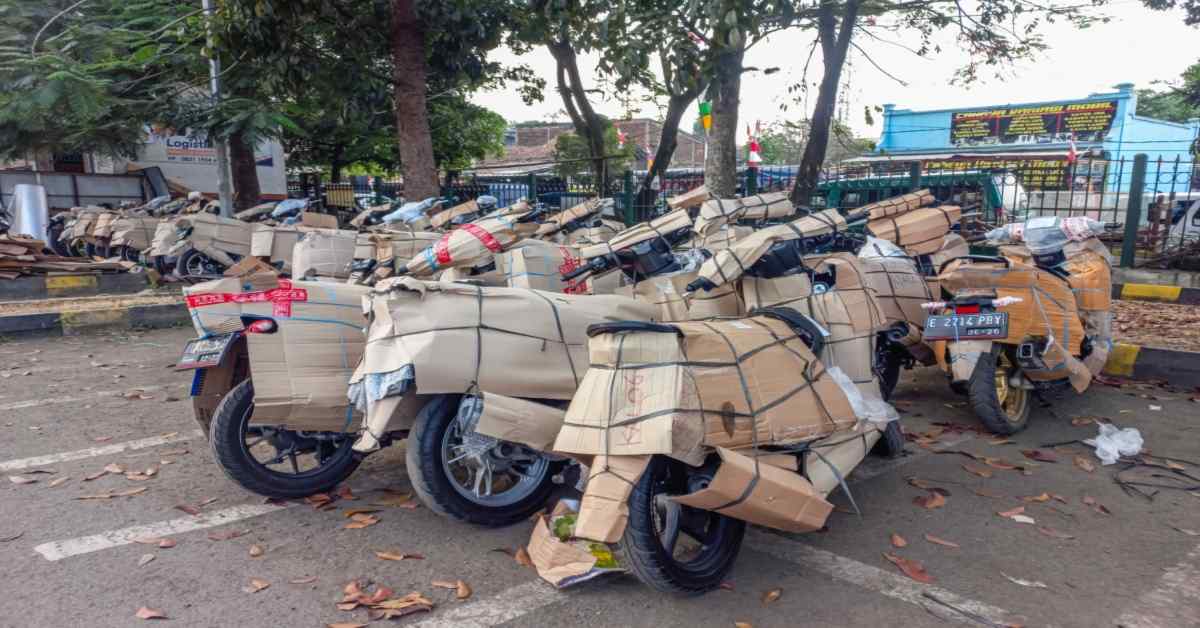
Bike Transport Services in Bangalore: Hassle-Free Relocation
April 20, 2024
5375+ views
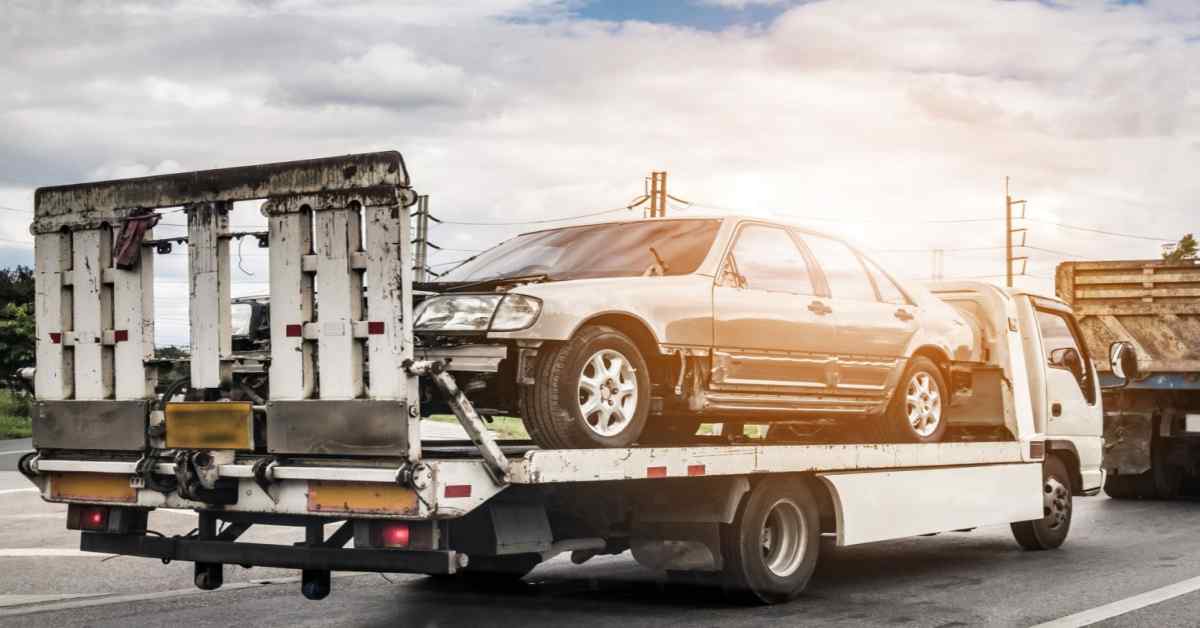
Best Car Transport Service in Bangalore: Ensuring a Stress-Free Move
April 16, 2024
2999+ views

Transport in Bangalore Vs. Transport in Mumbai
January 31, 2024
7733+ views
Loved what you read? Share it with others!
NoBroker Packers And Movers Testimonials
Most Viewed Articles

10 Best Local Packers and Movers Services in Bengaluru: Discover Efficiency With Convenience
December 1, 2024
528397+ views

Auspicious Days for Griha Pravesh Muhurat 2025 : Month-Wise Date & Time
December 31, 2024
183148+ views
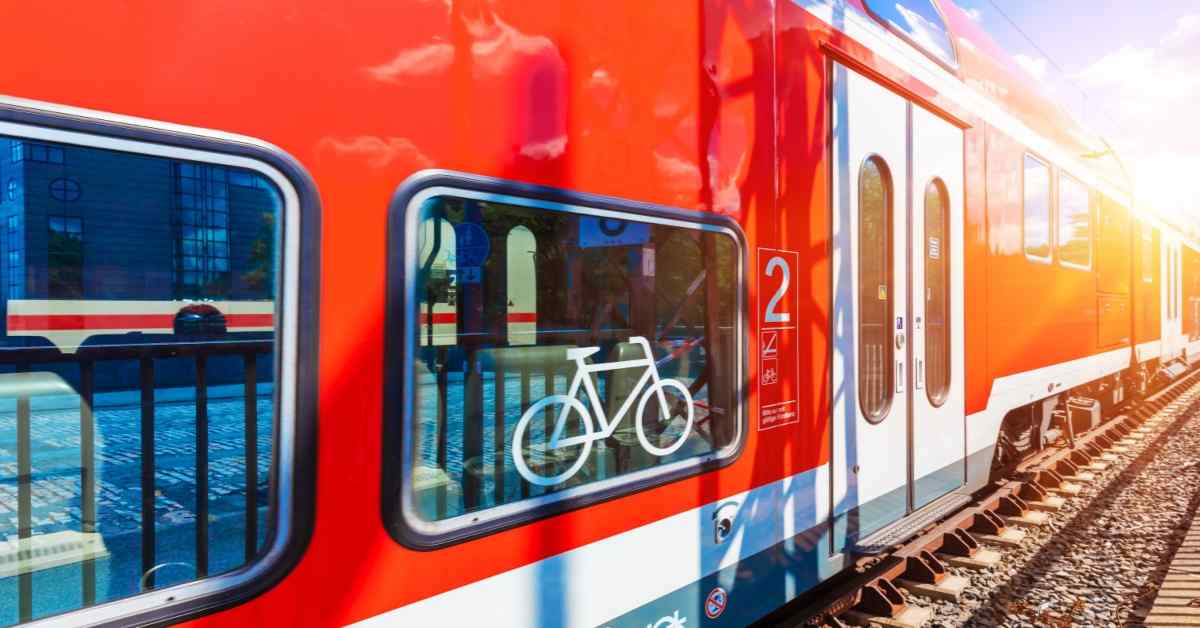
Bike Transport by Train: A Step-by-Step Process 2025
December 19, 2024
45973+ views
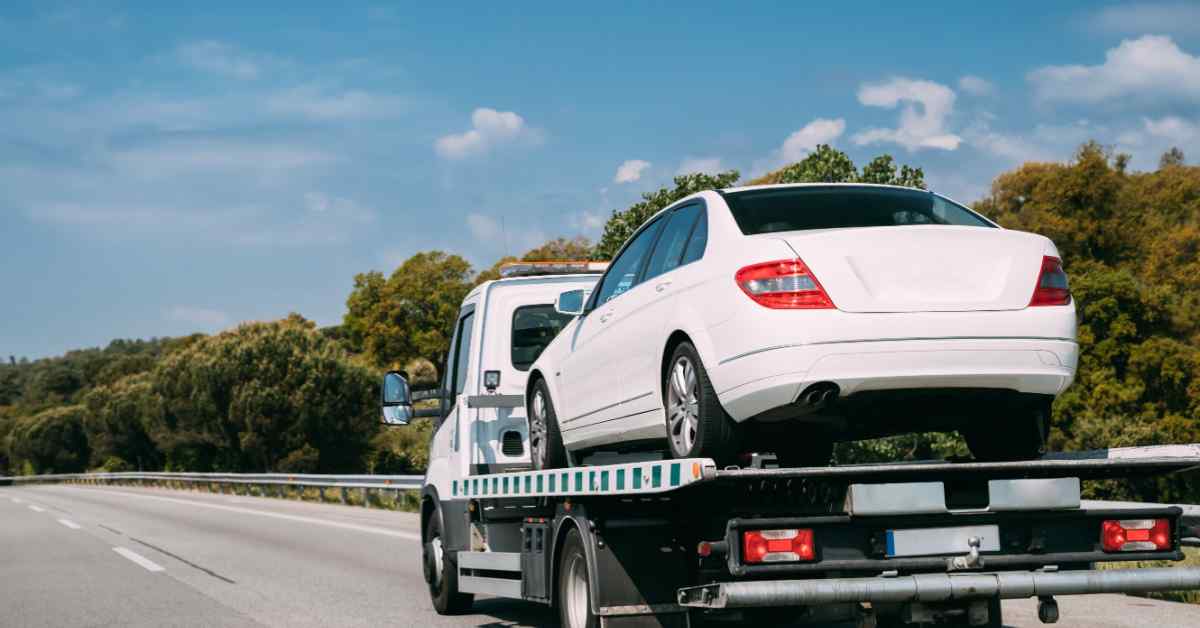
Best Car & Bike Shifting Services in Bangalore
January 11, 2023
40739+ views
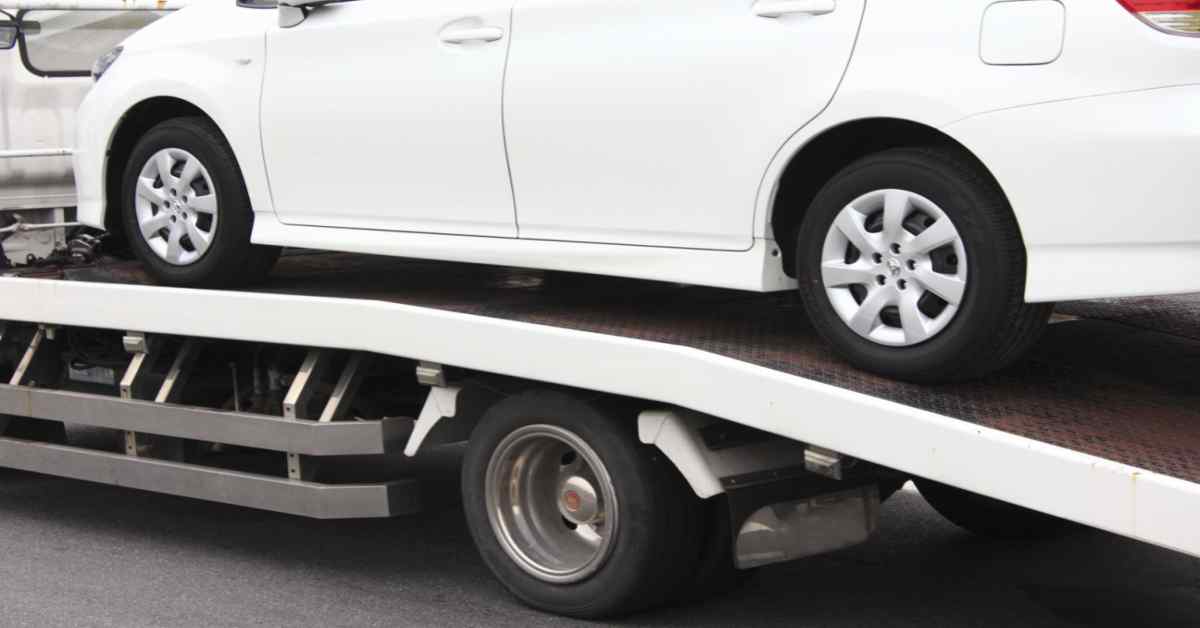
Best Vehicle Shifting Services in Mumbai
January 11, 2023
37812+ views
Recent blogs in
Top 10 Best Packers and Movers in Bangalore: Your Ultimate Moving Partners
January 7, 2025 by Siri Hegde K
Top 10 Transport and Logistics Apps: Guide to Choosing the Right One
January 6, 2025 by Suju
Top 10 Packers and Movers in Navi Mumbai 2025
January 2, 2025 by Manu Mausam
Top 10 Packers and Movers in Surat 2025
January 2, 2025 by Siri Hegde K
Top 10 Packers and Movers in Mumbai 2025
January 2, 2025 by Siri Hegde K



Join the conversation!